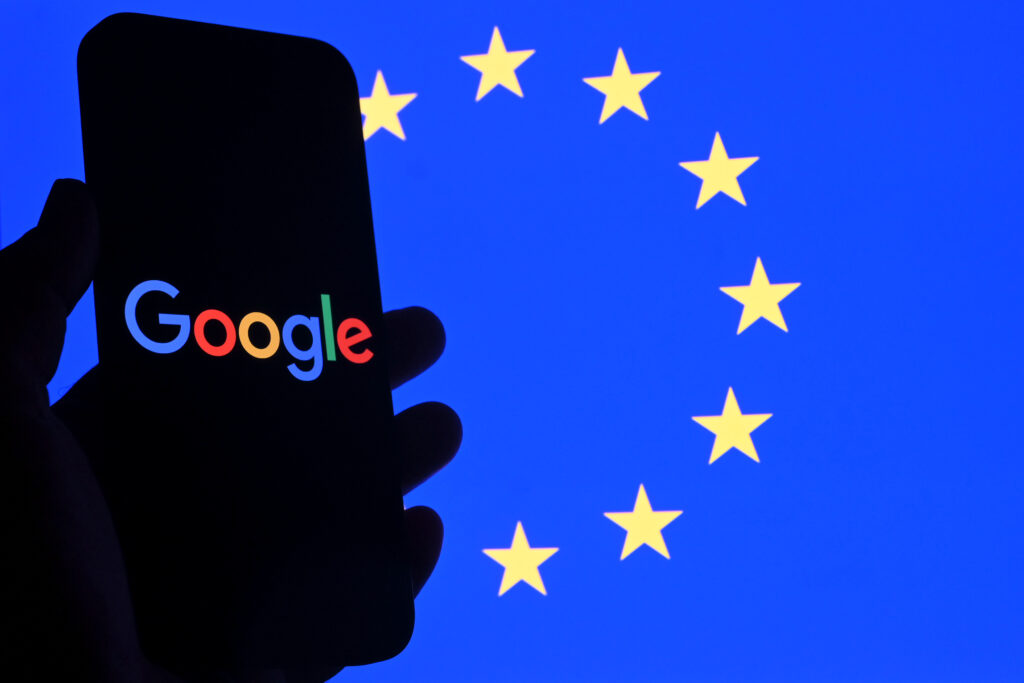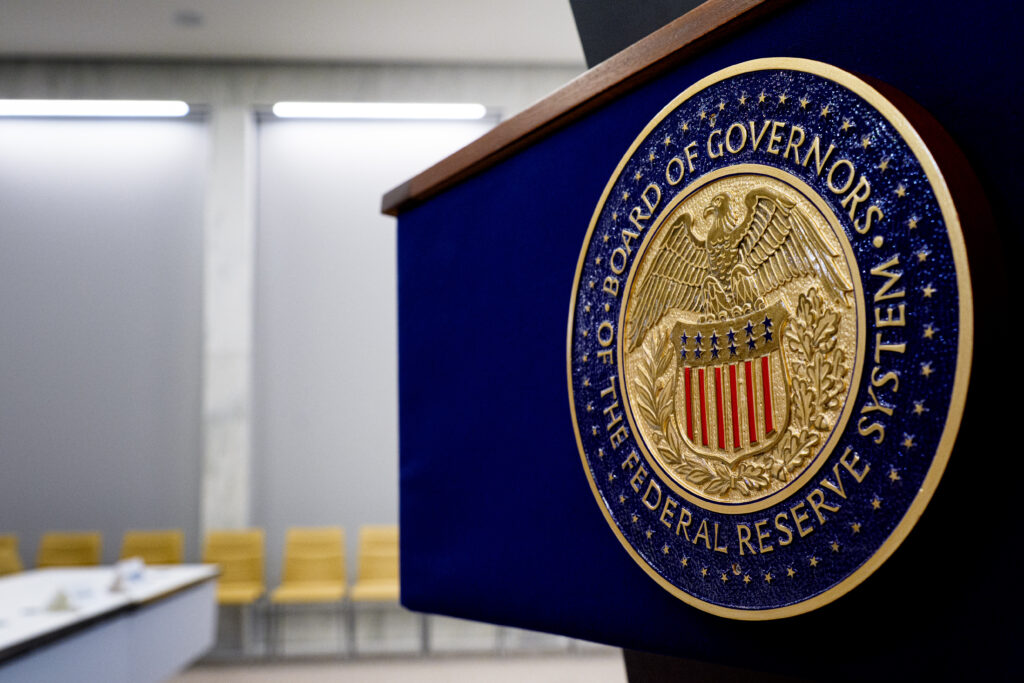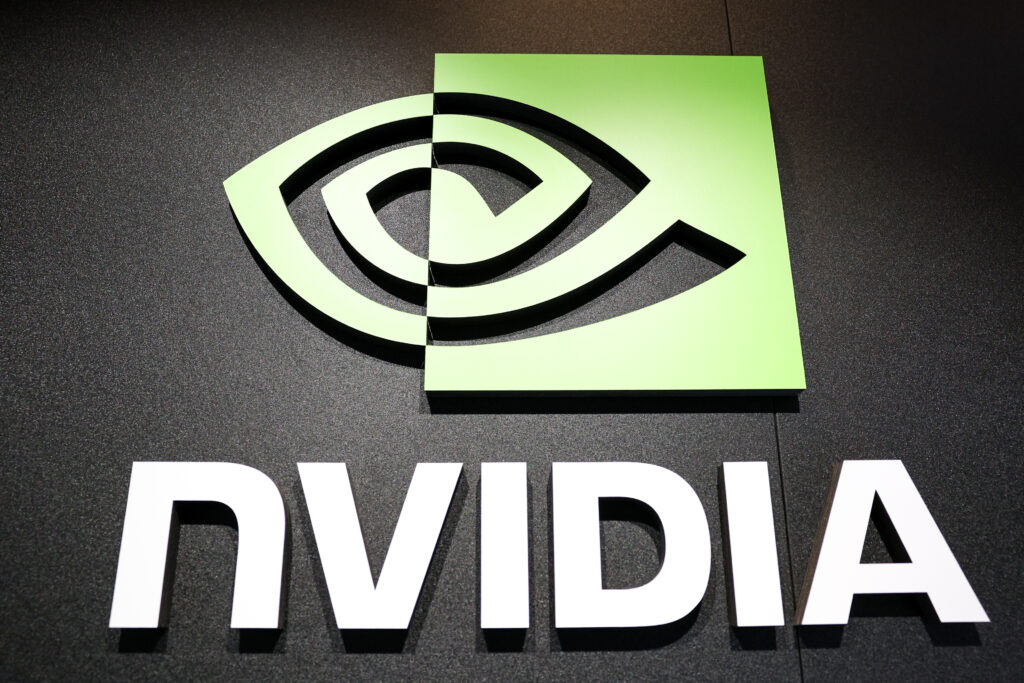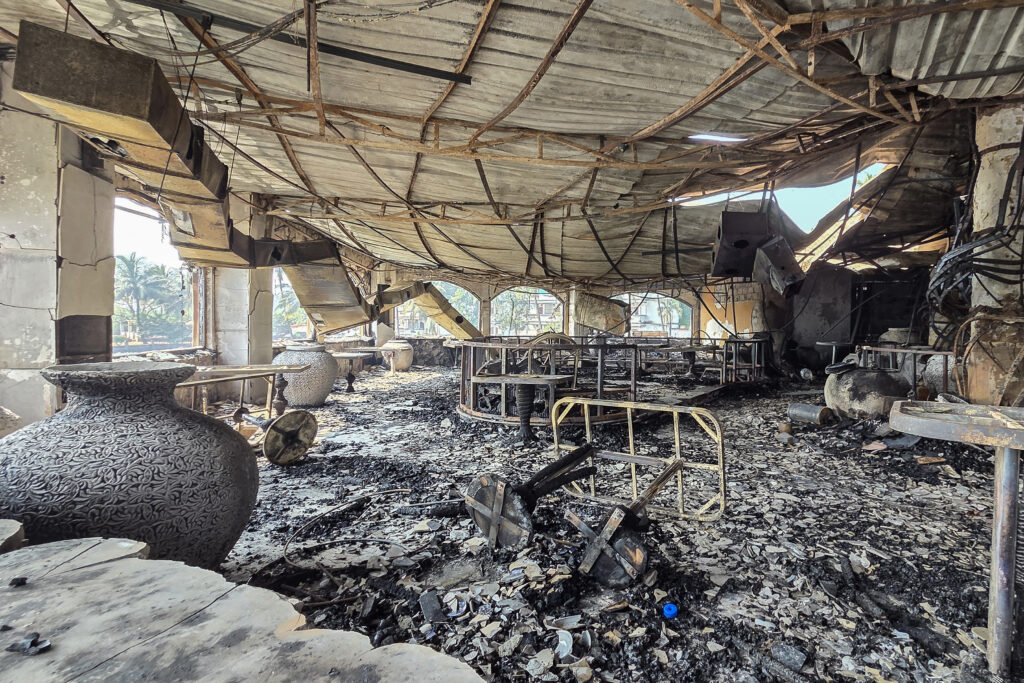Budget de la Sécu : que prévoit le texte ?
Le projet de budget de la Sécurité sociale a été largement réécrit par les députés, qui ont amputé une large partie des économies initialement prévues.Suspension de la réforme des retraites, heures supplémentaires, taxe sur les mutuelles… Voici les principales mesures du texte sur lequel l’Assemblée se prononce mardi.- Retraites -Le projet de loi suspend jusqu’à janvier 2028 la marche vers l’âge légal de départ à 64 ans. La génération née en 1964 partirait à 62 ans et 9 mois au lieu de 63 ans. Et avec 170 trimestres cotisés au lieu de 171.L’application de la réforme reprendrait ensuite, avec un trimestre de décalage.Le texte contient également des mesures visant à mieux valoriser, au moment de la retraite, les carrières des femmes ayant eu des enfants.- Arrêts de travail -L’Assemblée a adopté une limitation de la durée des arrêts de travail: ils ne pourront excéder un mois pour une première prescription, et deux mois pour chaque renouvellement.- Revenus du capital -Après de multiples tractations, l’Assemblée a adopté un compromis entre gauche et droite : rehausser la contribution sociale généralisée sur le capital, taxe finançant la protection sociale, en réduisant le périmètre de la hausse.La gauche avait fait voter une hausse de 9,2% à 10,6%, pour 2,8 milliards de rendement. L’Assemblée l’a restreinte, excluant entre autres les PEL, assurances vie et autres revenus de location. Avec un rendement amputé à 1,5 milliard d’euros.- Heures supplémentaires -A l’initiative des Républicains, l’Assemblée a étendu aux entreprises de plus de 250 salariés une déduction de cotisations patronales sur les heures supplémentaires.- Surtaxe sur les mutuelles -Initialement mis en échec, le gouvernement a finalement réussi à faire adopter une taxation exceptionnelle des complémentaires santé, à hauteur de un milliard d’euros, avec le soutien des socialistes. Même si une partie des députés, principalement à gauche, s’inquiète d’une répercussion in fine sur les assurés.- Économies trop clivantes -Inflammable, le gel des pensions de retraite et minima sociaux, devant rapporter 3 milliards, a été supprimé.La suppression de l’exonération de cotisations en faveur des nouveaux apprentis, et la création d’une cotisation patronale sur les tickets-restaurants se sont aussi heurtées au rejet des députés.Le gouvernement a aussi annoncé renoncer à doubler par décret, sans approbation du Parlement, les franchises médicales, reste à charge pour les patients, par exemple sur les boîtes de médicaments.- Dépenses de l’assurance maladie, déficit -La hausse de l’objectif national des dépenses de l’assurance maladie (Ondam) était initialement d’1,6% (265,9 milliards d’euros en 2025). Très insuffisante, selon les parlementaires et certains acteurs, pour suivre les dépenses nécessaires à l’hôpital comme à la ville.Le gouvernement a déclaré viser finalement +3%, annonce interprétée comme un geste envers les écologistes.Un député LR y voit principalement la traduction du renoncement au doublement des franchises : “ça vous augmente l’Ondam, puisque vous allez avoir plus de dépenses et moins de recettes. C’est du faux argent”.Quant au déficit de la Sécu, selon l’entourage de la ministre des Comptes publics Amélie de Montchalin, il oscillerait entre 18 et 19,5 milliards d’euros en fonction du texte final. Mais en comptant 4,5 milliards transférés des caisses de l’Etat vers celles de la Sécu, reportant, selon la droite, le problème.parl-sac/la/sde/dsa







